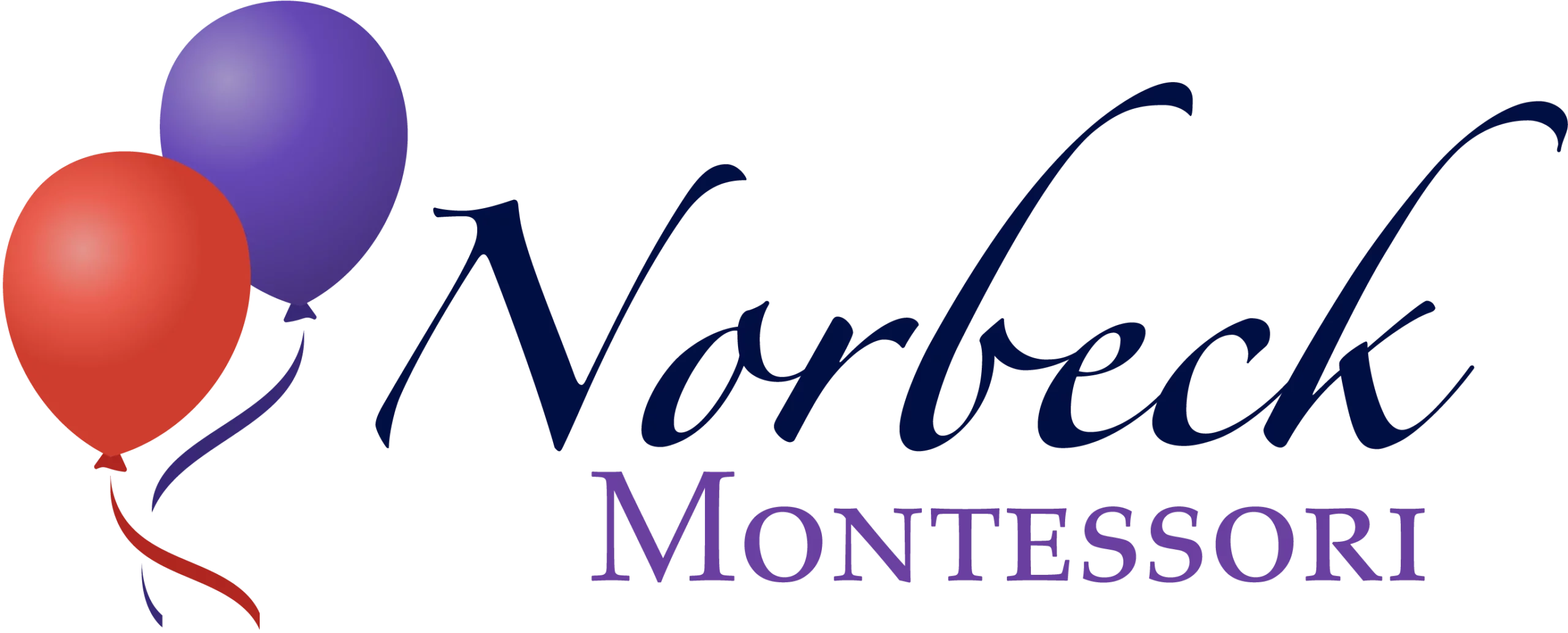 You love and care for your children. You would give your last breath to save their life. You work hard, only wanting to provide the very best for them, both financially and emotionally. You lose sleep worrying about them, sacrifice self-luxuries in order to buy for them, you work – often exhausted day and night all to make sure they are safe and happy. Yes. You love your children.
You love and care for your children. You would give your last breath to save their life. You work hard, only wanting to provide the very best for them, both financially and emotionally. You lose sleep worrying about them, sacrifice self-luxuries in order to buy for them, you work – often exhausted day and night all to make sure they are safe and happy. Yes. You love your children.We, as parents do all of this because we care for our children. But caring implies a healthy, balanced outlook on parenting. Often we cross the line, as parents, between being a caring parent and caretaker. These two words may have very similar meanings. However there is a fundamental difference: A caring parent is someone who looks after a child who needs attention and support whereas a caretaker is someone who is employed to take care of a thing, place, or person. In a nutshell, caretaking is rooted in our own insecurity and a need to be in control, while caring (caregiver) is a healthy expression of kindness and love. The difference is slight yet very meaningful.
While you do all that you can to protect your child and raise them well, you do not lose sight of the simple fact that some things are beyond your control. On any given day, we as parents face scraped knees, a friend who has hurt their feelings, and other childhood incidents.
A caring parent will roll with the punches realizing that as painful as some of these experiences are they are also learning opportunities that can enrich your child’s appreciation for what’s really important and precious in life. A caring parent will give sympathy, understanding, support, and a Popsicle. A caring parent will not rush out late at night to find a beta fish that looks just like the old beta, so his or her child doesn’t have to feel the pain of knowing that “Star” has passed on!
That parent rushing out late at night is going above-and-beyond- the-call-of-duty – by over caring. This is not a healthy, well-balanced way of parenting. It implies that you will go to great lengths to protect your child from life, keeping him or her in a happy protective bubble. Which side of the list below do you see yourself in?
Caretakers vs. Caring Behaviors:
- Caretakers worry. Are you the only parent on the merry-go-round? Are you blocking your child from playing with others? You might be hovering behind your toddler, ready to protect them from scraps, bumps, or a potential playground bully.
- Caretakers think they know what’s best, planning, organizing their child’s every move, every detail of their day.
- Caretakers acts as if every incident is an affront to him or her.
- Caring parents are on the sidelines, encouraging children to make new friends, and get a little messy. Children build resilience by exploring life freely within boundaries.
- Caring parents provide options in order for the child to gain decision-making skills.
- Caring parents help and encourage their children to work through their challenges and learn from failure. It is through trial and error that child learn and build confidence.
Maybe you recognize yourself in this list, your husband, best friend or a close family member. Isn’t it amazing that when you become aware of caretaking behaviors how easy they are to see in yourself and others?
It is important to realize that caretaking parenting is unhealthy. Your children are holding you hostage! Having a child does not define you, it is a part of you. Therefore, if something doesn’t go well for your child, it doesn’t mean you have failed as a parent. As we navigate through parenting, watch out for that blurred line. Of course, try to do your best for your children. However, you don’t want them to be afraid of failure for your sake than their own.
Remember what builds confidence in children is working hard at something and seeing that they accomplished something real – even if the failure was achieved first. Making an effort, persevering, coping and seeing the results builds confidence. So, praise your child’s efforts, manage difficulties, and allow children to learn that the occasional bruise, scrape, or even a broken arm, are all part of growing up.
